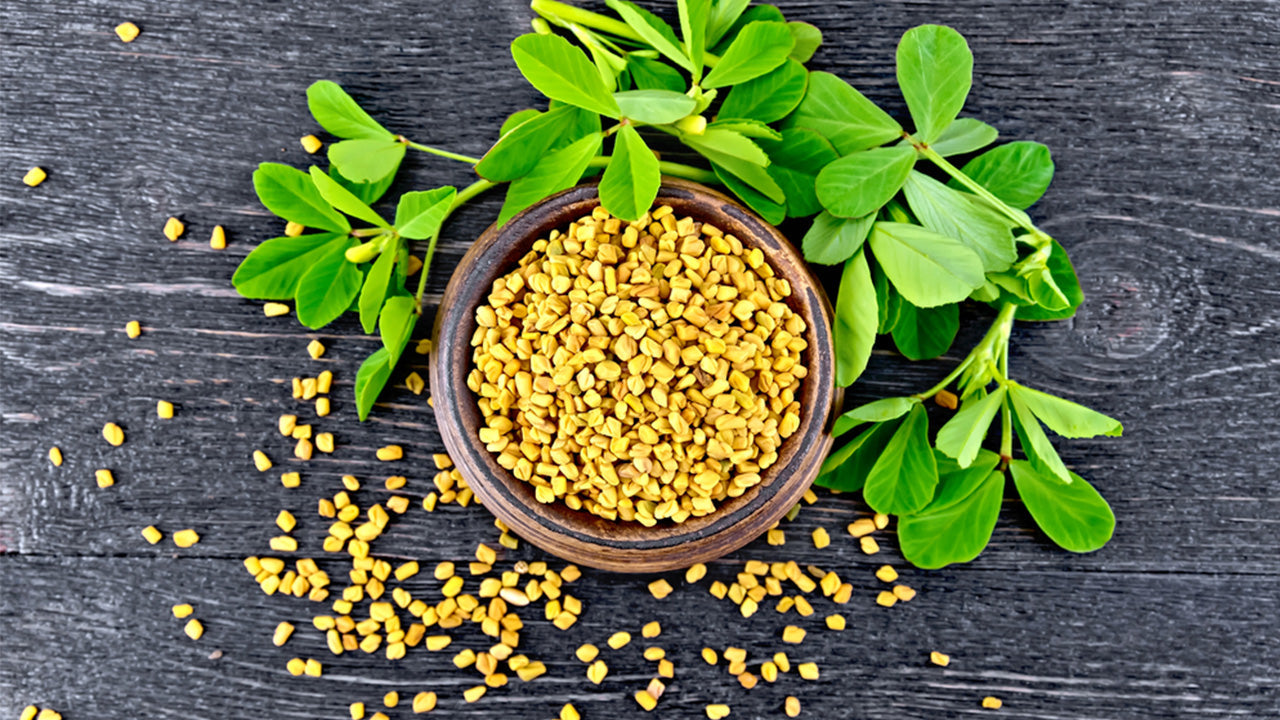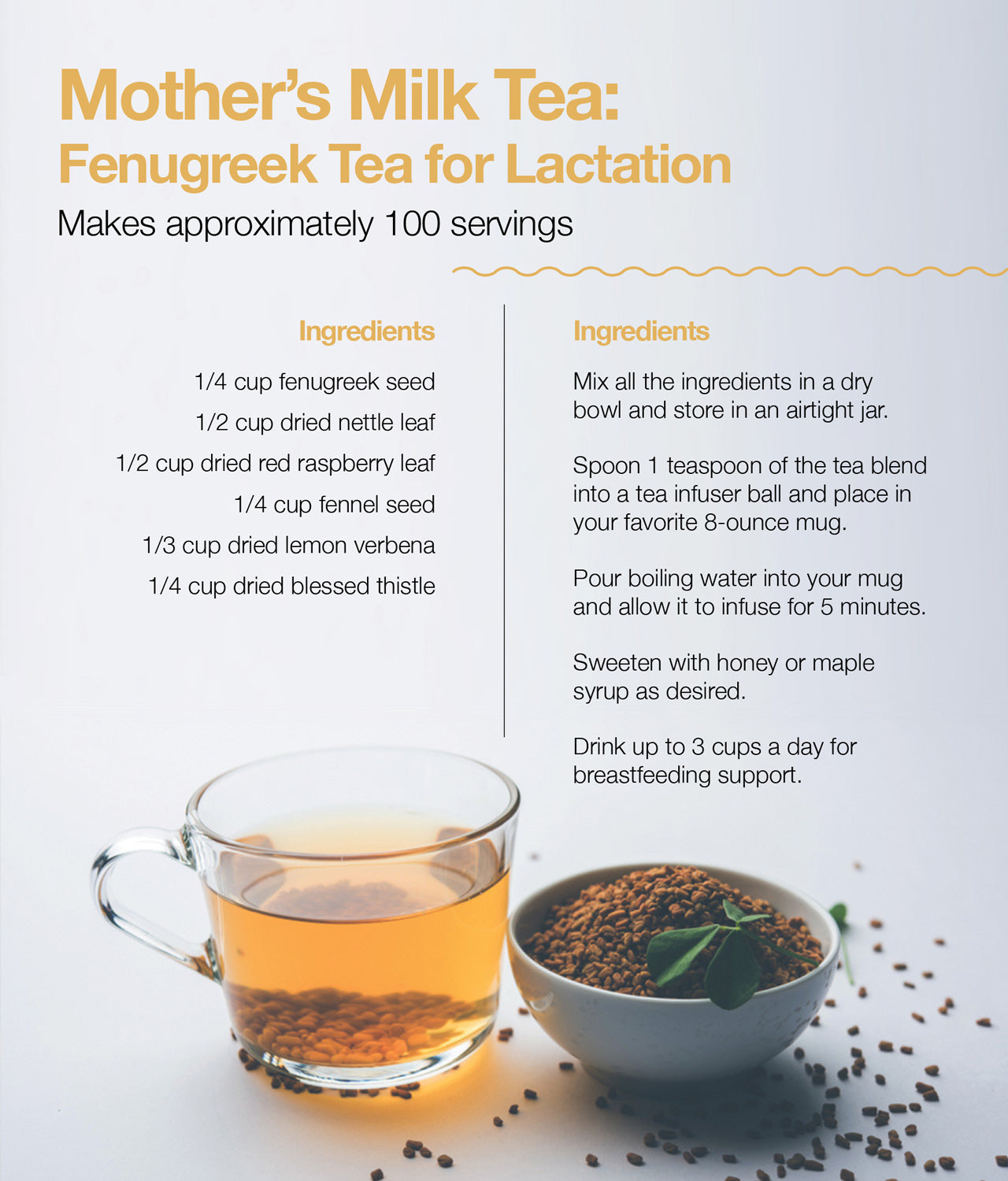Fenugreek Benefits for Men and Women
 By: by Amino Science
By: by Amino Science

Herbs and foods from around the globe continue to make their way into mainstream America as they are touted for their extraordinary health benefits and healing properties. The latest food to be making the rounds on social media is fenugreek. Natural health professionals say fenugreek benefits everything from boosting testosterone levels to relieving menopause symptoms and even improving libido. But is fenugreek just the latest trendy super herb or do the fenugreek benefits for men and women stand up to the hype?
What Is Fenugreek?
Fenugreek is an herb native to Western Asia, Southern Europe, and the Mediterranean. The fenugreek plant produces aromatic seeds used in a variety of cuisines and spice blends including garam masala.
Fenugreek is a member of the Fabaceae botanical family and is related to peas, peanuts, garbanzo beans, and other legumes. In clinical research, it is referred to as Trigonella foenum-graecum.
Fenugreek historically has been used in the areas where it is cultivated as a natural remedy for digestive problems and to induce childbirth. This powerful inflammation-fighting herb is also used to relieve external swelling and pain. Clinical research is beginning to identify fenugreek seed extract's full healing potential.
Fenugreek benefits for men include improved sexual interest, fertility, and erectile function, and fenugreek is also used to treat hernia problems. One of the most widely recognized fenugreek benefits for women is to promote lactation, as fenugreek is a galactagogue. Galactogogues are medications, foods, or herbs that induce, increase, and maintain the milk supply of breastfeeding women.
New research shows that fenugreek may balance hormone levels in women and reduce both PMS and menopause symptoms. Researchers today are studying fenugreek’s potential for a variety of ailments and health conditions, including topical use for osteoarthritis of the knee and internal use for polycystic ovary syndrome (PCOS).
Fenugreek Facts
Since ancient times, fenugreek seed has been used around the Mediterranean Sea in culinary applications and medical practices. Fenugreek imparts a slightly sweet and nutty flavor, and it is often used to make imitation maple syrup. Fenugreek seeds have an impressive nutrient profile and are a good source of magnesium, copper, manganese, iron, dietary fiber, and protein.

Fenugreek Uses
Fenugreek seeds and leaves have been used for thousands of years for a variety of medicinal purposes. These fenugreek uses are suitable for both men and women.
1. Reduce Inflammation and Relieve Pain
Fenugreek demonstrates strong anti-inflammatory properties when taken internally and when applied topically. When fenugreek is used as a poultice, it can relieve gout pain, swelling, eczema, leg ulcers, and other wounds.
To make a fenugreek poultice, grind 2 tablespoons of fenugreek seeds in a spice grinder. Add just enough boiling water to make a thick paste. Spread the fenugreek seed paste on a piece of cloth and secure in place. Wear the poultice for a couple of hours for best results.
2. Slows Absorption of Sugar in Diabetics
A clinical study published in the East Mediterranean Health Journal shows fenugreek slows the absorption of sugar in the digestive tract and stimulates insulin production in people with type 2 diabetes. The study gave participants either 40 milligrams per kilogram extract in water or just coffee. The fenugreek extract significantly lowered blood glucose levels by 13.4% four hours after ingestion. The authors of the study do also note that 1/3 of the group experienced hunger and/or dizziness 24 hours after taking fenugreek extract.
3. Suppresses Appetite
A placebo-controlled, single-blinded, randomized trial of overweight women has found that fenugreek tea reduces hunger and increases satiety. This study published in the journal Clinical Nutrition Research tested fennel tea, fenugreek tea, and a placebo tea head-to-head for appetite control. The results of the clinical trial indicate that fenugreek tea performed the best, with fennel tea not far behind.
4. Relieves Digestive Upset
Fenugreek seeds and leaves have been used for centuries to help alleviate a variety of digestion problems. Fenugreek seed is high in soluble dietary fiber and has been shown to relieve constipation. Fenugreek is also used in Traditional Chinese Medicine to treat inflammatory bowel disease symptoms.
5. Fight H. pylori Infections
H. pylori is a type of bacteria that lives in the digestive tract. Over time, H. pylori can cause peptic ulcers, inflammation of the stomach lining, and even stomach cancer according to the Mayo Clinic. A clinical trial published in the Asia Pacific Journal of Clinical Nutrition has found that fenugreek sprouts (not seeds!) fight H. pylori infections. The authors of the study hypothesize that fenugreek sprouts have more phenolic compounds and demonstrate greater antimicrobial functions than do fenugreek seeds.

Fenugreek Benefits for Men
Fenugreek is prized for supporting a range of men’s health concerns. Research supports a variety of fenugreek benefits for men. Here are the top three evidence-based benefits.
1. Boosts Testosterone and Fights Cholesterol
Fenugreek testosterone benefits have long been supported by Traditional Chinese Medicine practitioners and others in the wellness arena. And now, a study published in the World Journal of Men’s Health has found that a combination of fenugreek seed extract and Chinese bush clover (Lespedeza cuneata) significantly improves total testosterone levels in men with testosterone deficiency syndrome.
The study group took 200 milligrams of the fenugreek seed and Chinese bush clover blend twice a day for eight weeks. At the end of the study, the researchers also noted significant improvement in total cholesterol, HDL-C, LDL-C, and triglyceride levels.
2. Enhances Libido
In a double-blind, randomized, placebo-controlled study of men without erectile dysfunction, a standardized formula of fenugreek seed extract increased sexual arousal, orgasm, and quality of life parameters. This study published in the journal Phytotherapy Research noted a significant positive effect on the physiological aspects of libido and hypothesized that the Testofen formula may help to maintain healthy testosterone levels.
3. Increases Muscle Strength and Improves Body Composition
Researchers in the United States have identified fenugreek’s ability to increase muscle strength and overall body composition in men. A double-blind, placebo-controlled study published in the Journal of the International Society of Sports Nutrition found that 500 milligrams of a proprietary fenugreek extract had a significant impact on upper body strength and lower body strength in comparison to the placebo.
Fenugreek Benefits for Women
Generations of women in India, the Middle East, and parts of Europe have used fenugreek to promote wellness throughout their lifetimes. Research continues on this powerful herb and its potential health benefits. Here are three of the top fenugreek benefits for women.
1. Promotes Lactation
Fenugreek breastfeeding benefits have been promoted for decades by alternative health professionals, and now research backs up these claims. In a meta-analysis and systematic review researchers have shown that fenugreek outperforms placebos and significantly increases the amount of breast milk produced.
The study published in the journal Phytotherapy Research does note that while fenugreek is an effective galactagogue, palm date outperformed fenugreek in overall milk production.
Lactation tea including fenugreek is often called “Mother’s Milk Tea,” and there are many recipes available online that have been developed by herbalists and alternative health professionals. These teas are quite potent and many contain ingredients that can cause allergic reactions. Use with caution and avoid any preparations with known allergens.

2. Protects Against Breast Cancer
Researchers from the United Arab Emirates have found fenugreek demonstrates anti-cancer activities against breast cancer in animal models. This preliminary study published in the journal Cell Biology International suggests fenugreek seeds have significant chemopreventive effects against breast cancer by significantly inhibiting specific functions of tissue growth.
3. Minimizes Menopause Symptoms
Fenugreek is known for helping to balance female hormones, and research indicates it can reduce menopause symptoms. A double-blind, randomized, placebo-controlled study published in the journal Phytotherapy Research found fenugreek seed extract significantly reduces sexual, physical, and psychosocial symptoms commonly associated with menopause.
Fenugreek Side Effects
Consuming fenugreek seeds as a spice is generally considered safe for most healthy adults. However, fenugreek seed extract, supplements, or teas taken in high doses or for an extended period can cause side effects including:
- Nausea
- Diarrhea
- Stomach upset
- Bloating
- Gas
- Dizziness
- Headache
- Maple syrup odor on skin or in urine
- Nasal congestion
- Coughing
- Wheezing
- Facial swelling
Fenugreek Precautions
Using fenugreek seeds in recipes is safe for most individuals. However, avoid fenugreek supplements and teas if:
- You are pregnant (fenugreek can cause malformations and birth defects). Fenugreek can also cause early contractions that can lead to a miscarriage.
- You are allergic to peanuts, chickpeas, soybeans, green peas, or other legumes.
- You have diabetes. Monitor blood sugar levels closely as fenugreek can cause blood sugar levels to drop dangerously low.
- You have a bleeding disorder (fenugreek can act as an anticoagulant).
- You have hormone-sensitive cancer (fenugreek can act like estrogen in the body).
Fenugreek interacts with certain medications including:
- Diabetes drugs including Glyburide, insulin, and others
- Medications that slow blood clotting including:
- Aspirin
- Clopidogrel (Plavix)
- Diclofenac (Voltaren, Cataflam)
- Ibuprofen (Advil, Motrin, and others)
- Naproxen (Anaprox, Naprosyn, and others)
- Dalteparin (Gragmin)
- Enoxaparin (Lovenox)
- Heparin
- Warfarin (Coumadin)
If fenugreek has contraindications to your prescribed medications or health conditions, or results in unwanted side effects, an essential amino acid supplement is a side-effect-free alternative. Daily supplementation with essential amino acids can help treat many of the same conditions as fenugreek, such as PCOS, chronic inflammation, and high cholesterol, while improving muscle strength and body composition. Amino Co essential amino acid supplements are formulated by the world's leading amino acid researchers. Shop the product line here.

Up to 25% off Amino
Shop NowTAGS: food
Join the Community
Comments (0)
Most Craveable Recipes




 833-264-6620
833-264-6620



















